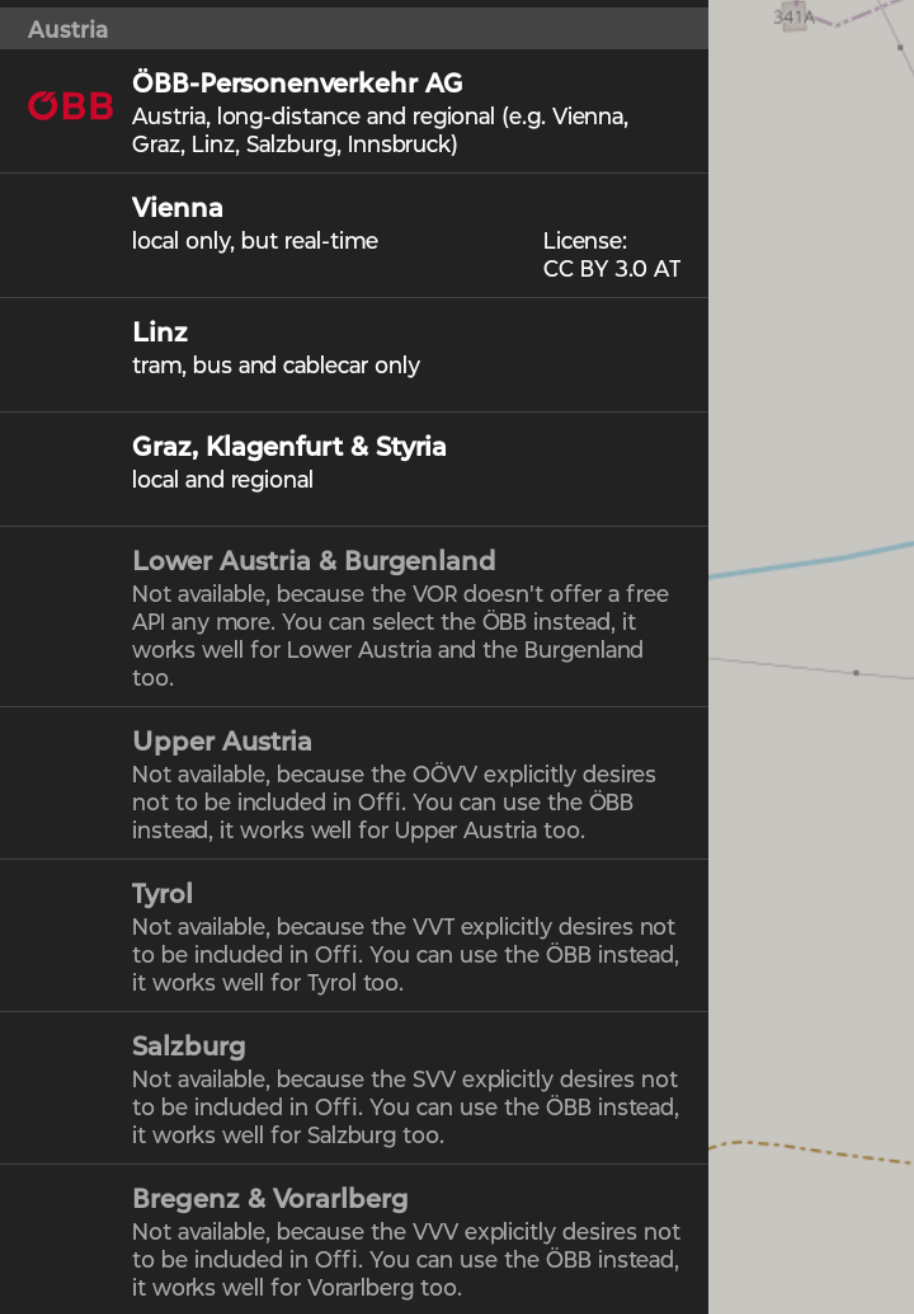

Don’t know and sadly my Pixel got stolen recently, but you can see if Offi or Transportr meet your needs, they’re available on fdroid.

I guess I have bad news for you regarding the government app: https://discuss.grapheneos.org/d/253-compatibility-for-austria-e-government-app
Anyway depending on your threat model keeping a normiephone as a decoy and mainlining something like graphene os can be a good opsec decision.

Well you can use Calyx instead, which supports microG instead of Graphene, at the expense of somewhat lower security level. Or wait until sandboxes google services gets patched accordingly.